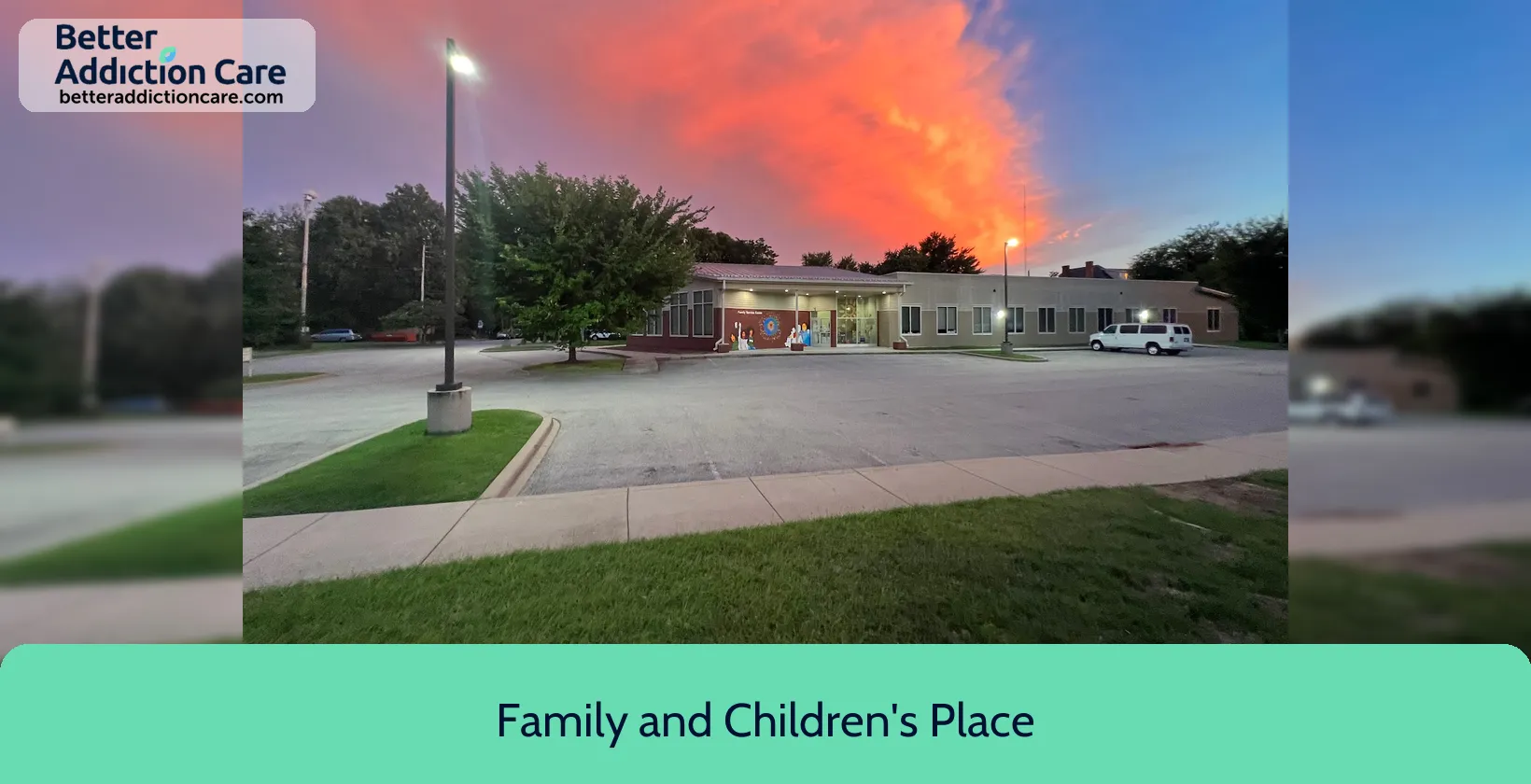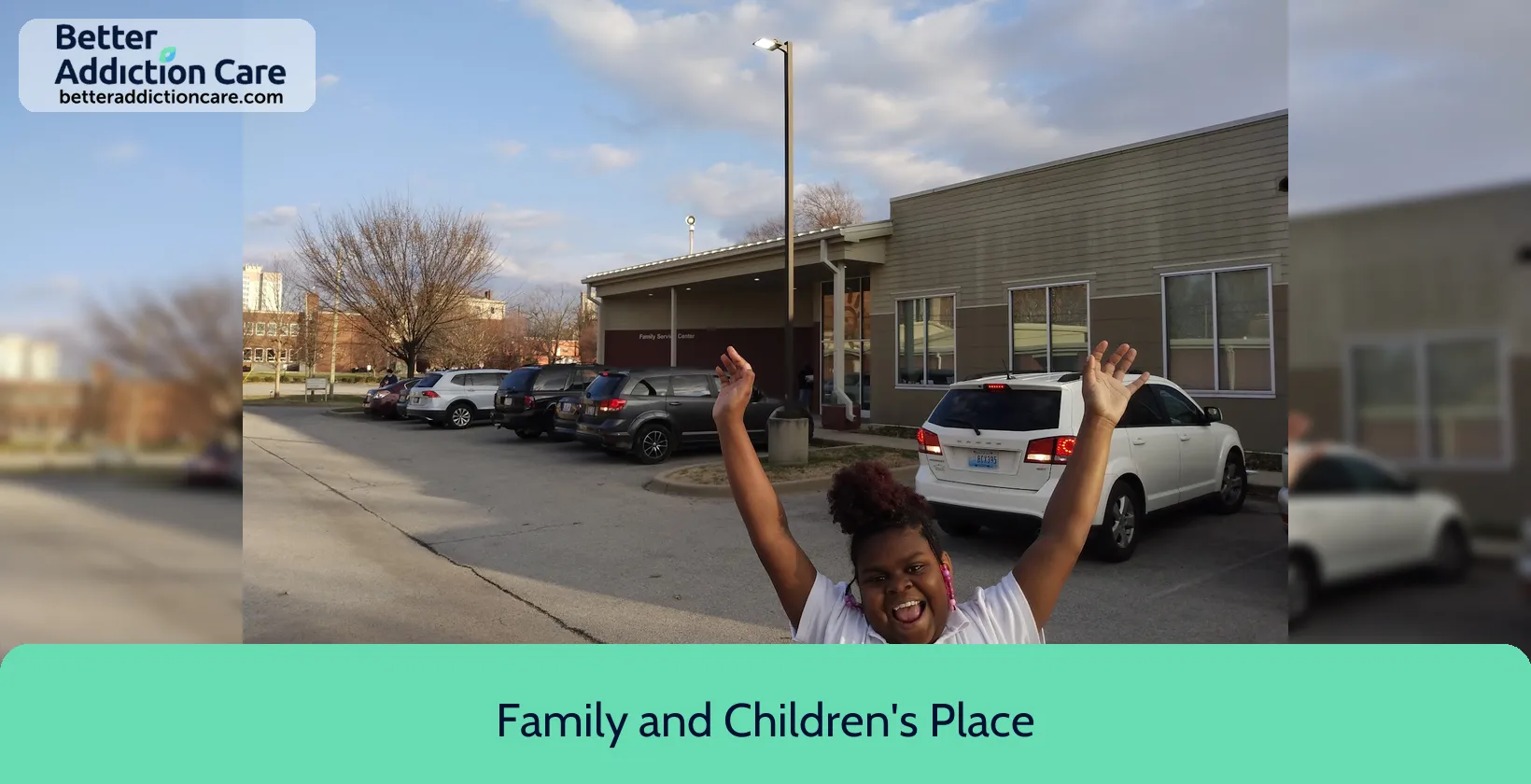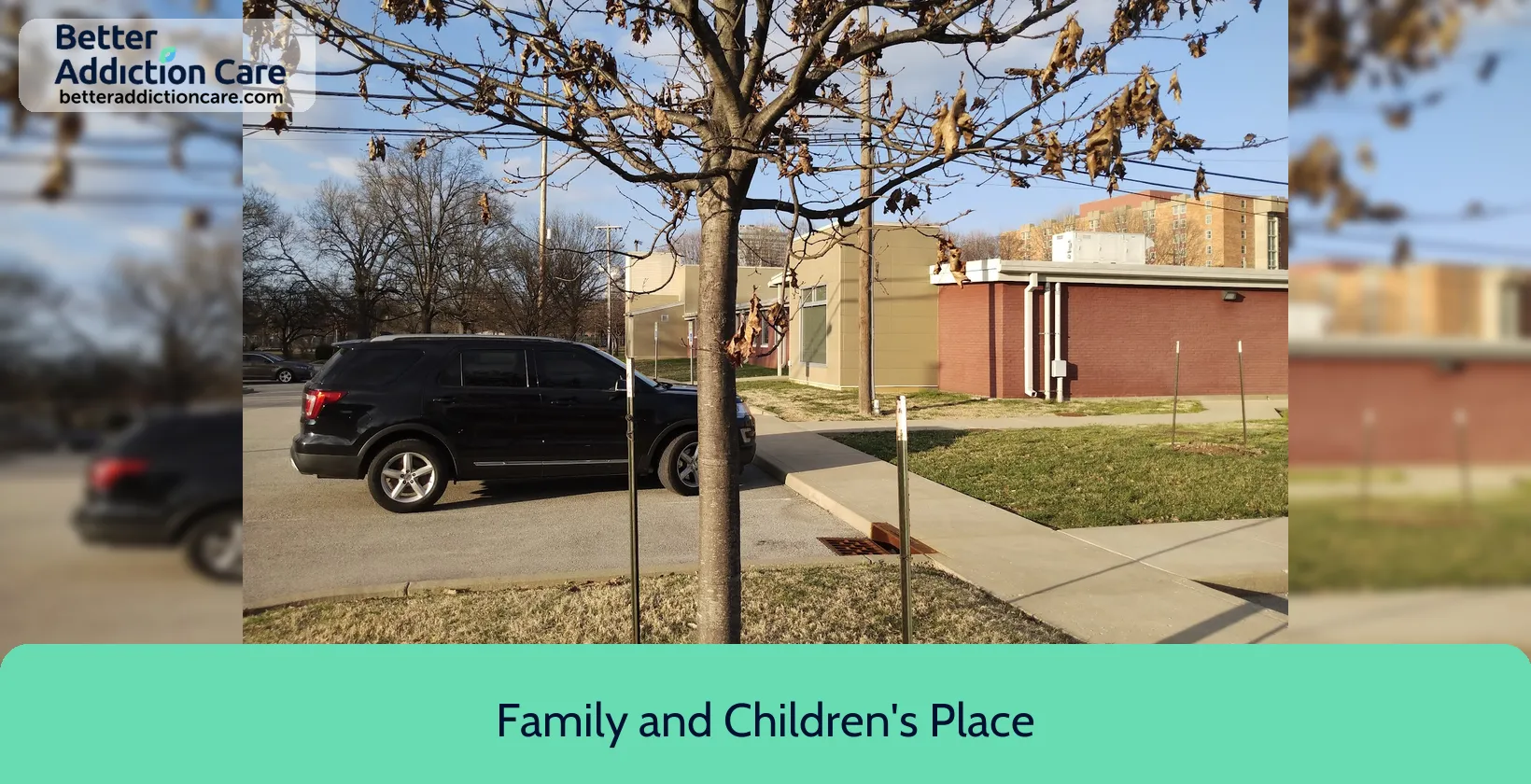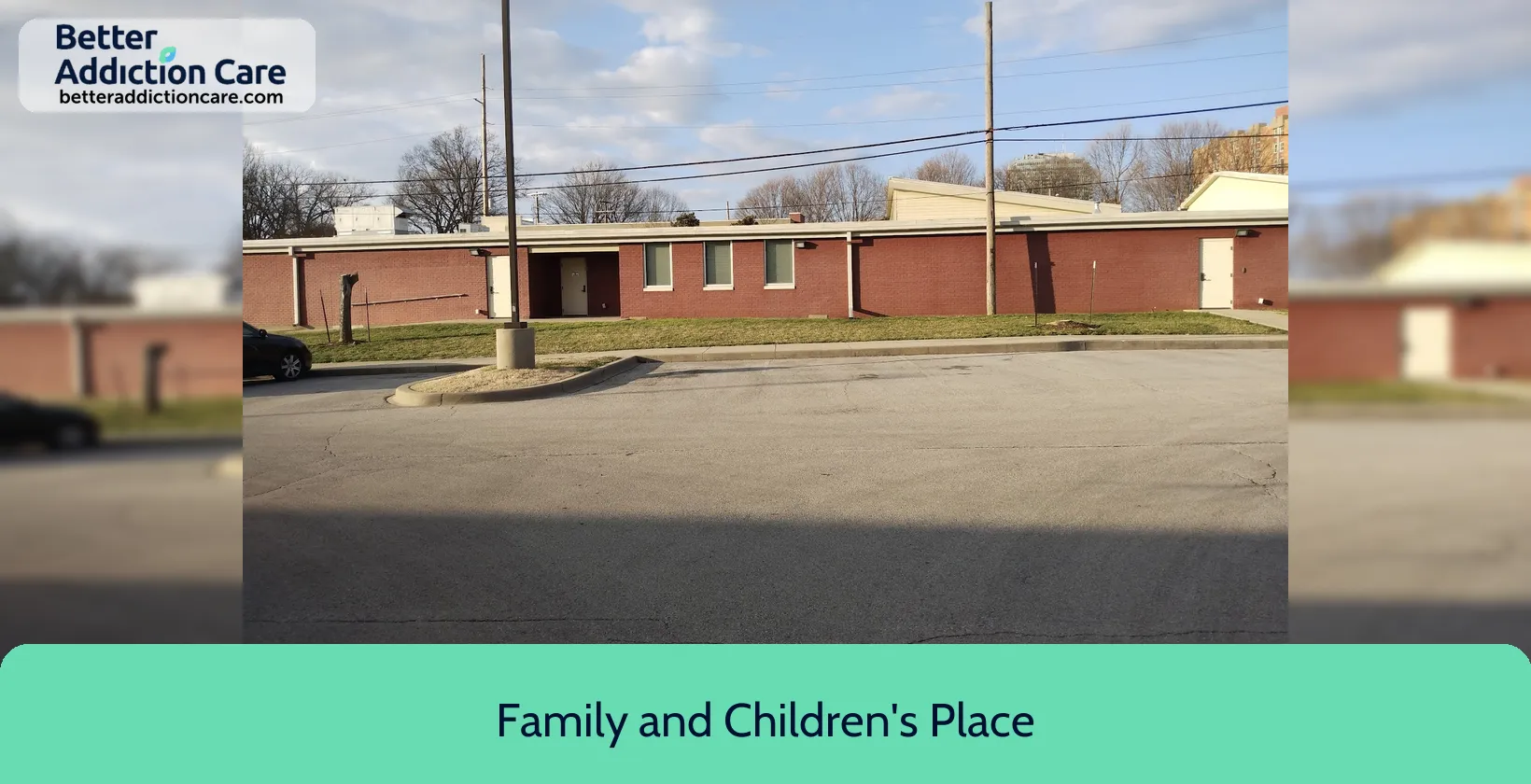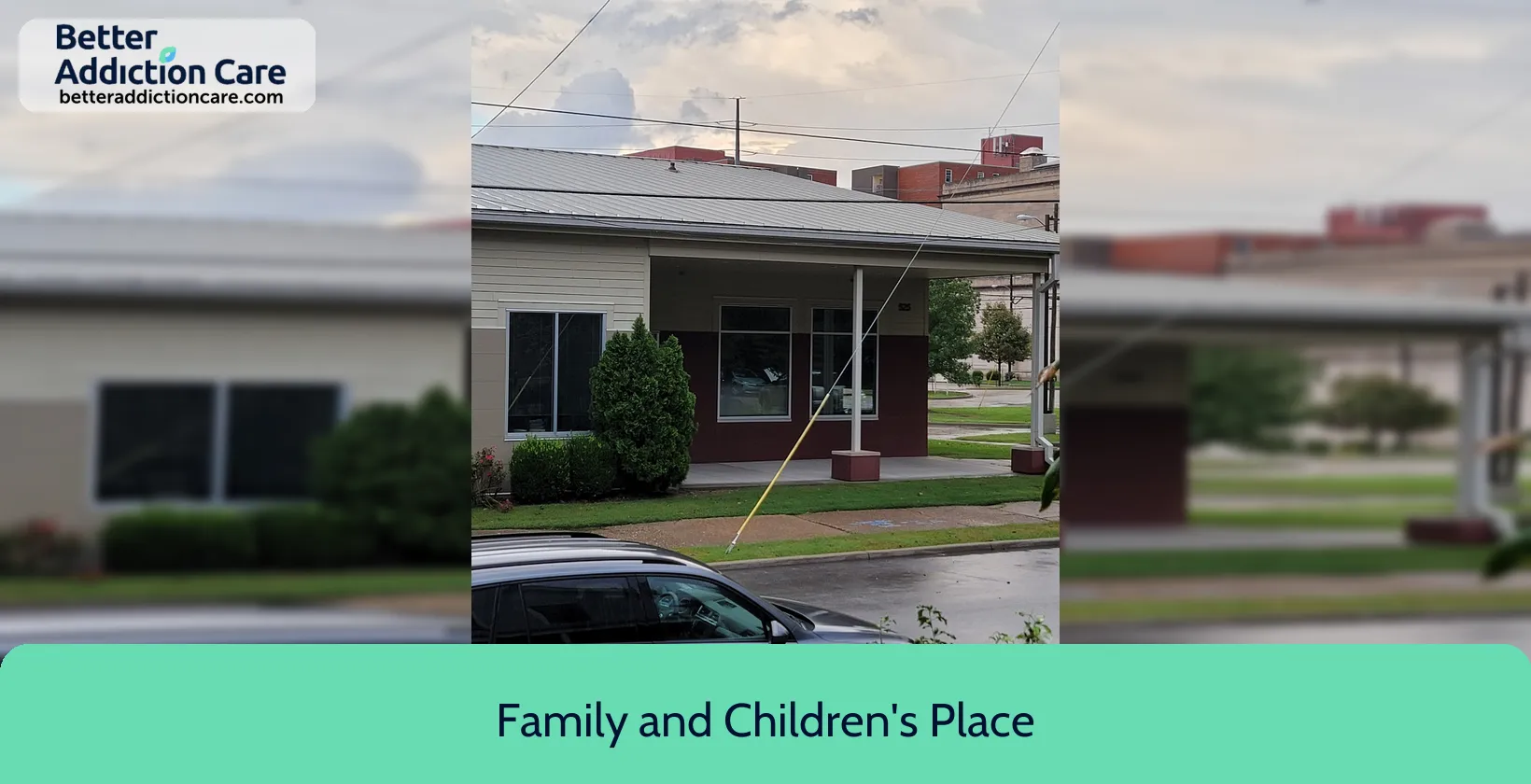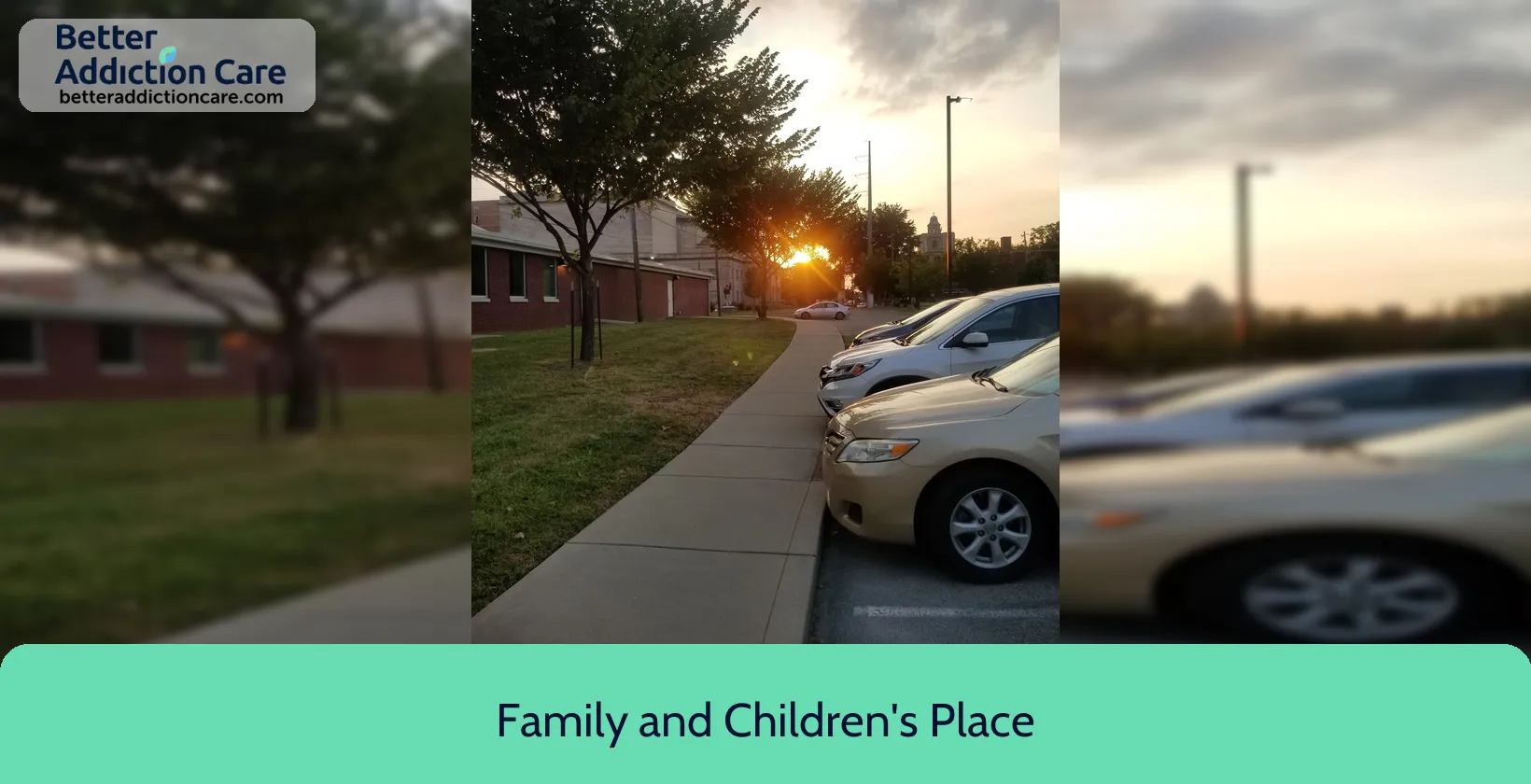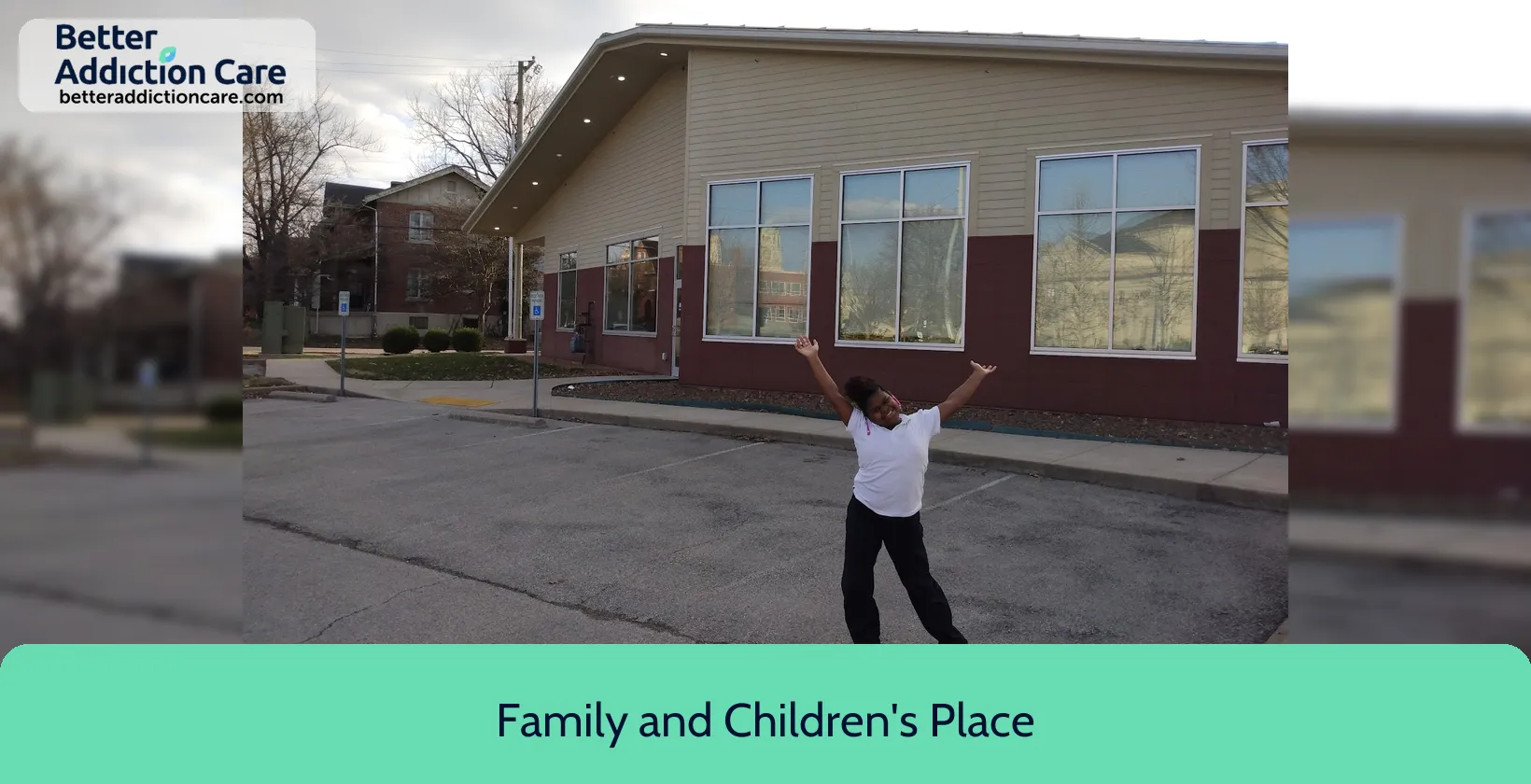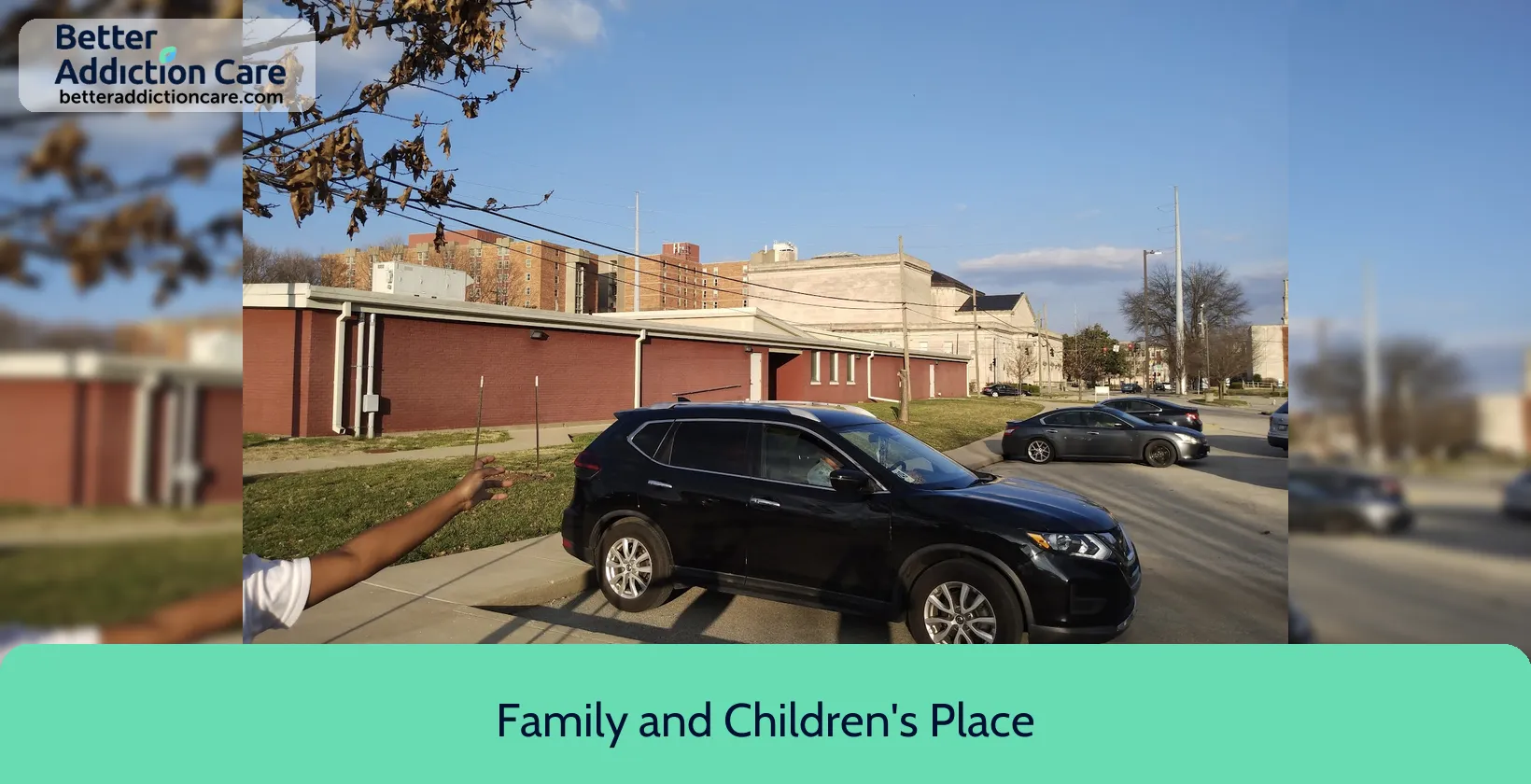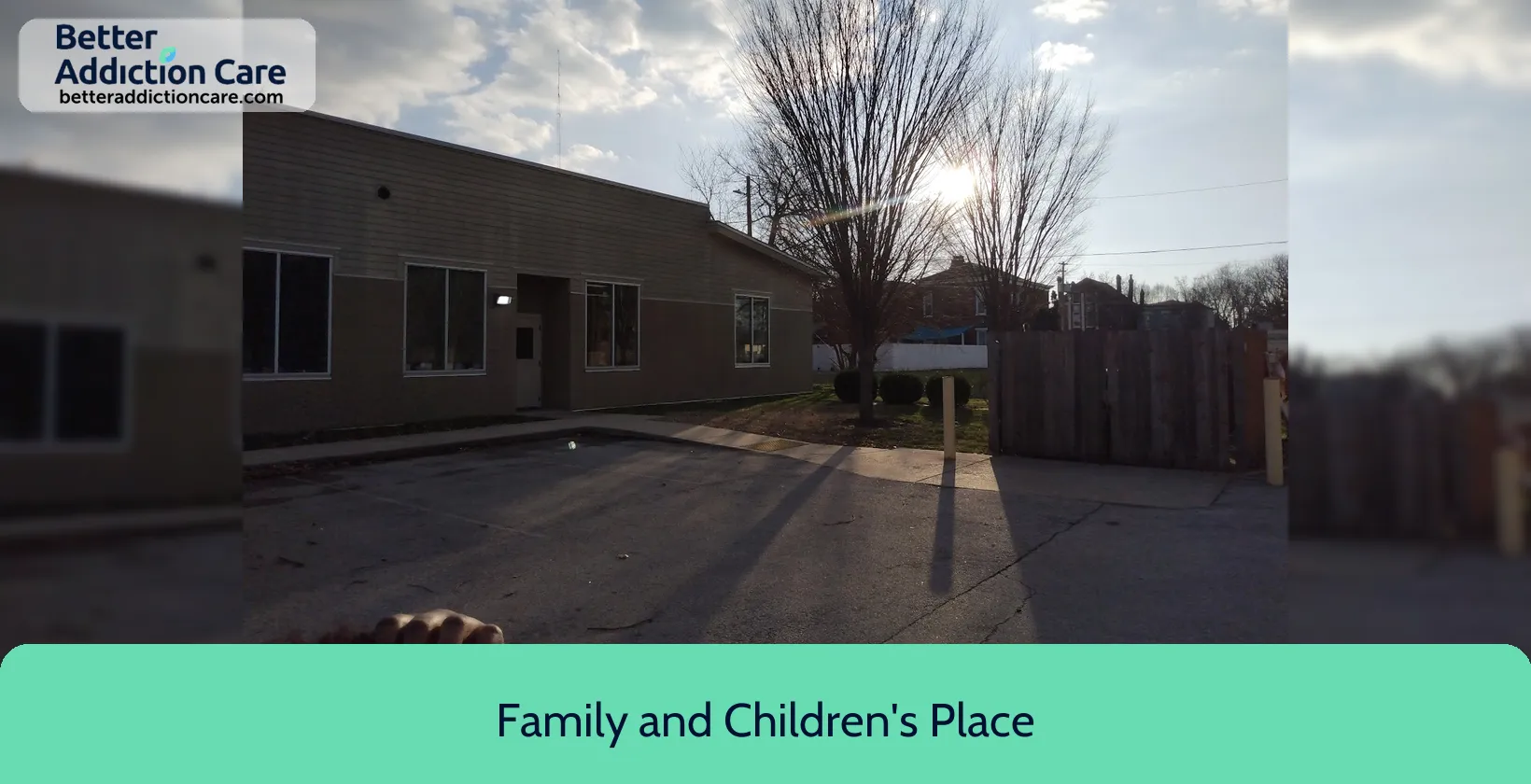Family and Children's Place
Overview
Family and Children's Place is a mental health treatment center for people seeking treatment near Jefferson County. As part of their treatment modalities for recovery, Family and Children's Place provides couples/family therapy, group counseling, and cognitive behavioral therapy during treatment. Family and Children's Place is located in Louisville, Kentucky, accepting state welfare or child and family services funds for treatment.
Family and Children's Place at a Glance
Payment Options
- State welfare or child and family services funds
- Other State funds
- County or local government funds
- Payment assistance (check with facility for details)
- Federal Grants
Assessments
- Comprehensive mental health assessment
- Comprehensive substance use assessment
Age Groups
- Young adults
- Children/adolescents
- Adults
Ancillary Services
- Case management service
- Family psychoeducation
- Suicide prevention services
Highlights About Family and Children's Place
6.68/10
With an overall rating of 6.68/10, this facility has following balanced range of services. Alcohol Rehabilitation: 8.00/10, Drug Rehab and Detox: 6.00/10, Insurance and Payments: 6.00/10, Treatment Options: 6.73/10.-
Alcohol Rehabilitation 8.00
-
Treatment Options 6.73
-
Drug Rehab and Detox 6.00
-
Insurance and Payments 6.00
Treatment At Family and Children's Place
Treatment Conditions
- Mental health treatment
- Substance use treatment
- Co-occurring Disorders
Care Levels
- Outpatient
Treatment Modalities
- Couples/family therapy
- Group counseling
- Cognitive behavioral therapy
- Dialectical behavior therapy
- Activity therapy
Ancillary Services
Languages
- Spanish
Special Programs
- Criminal justice (other than DUI/DWI)/Forensic clients
- Clients who have experienced trauma
- Persons with post-traumatic stress disorder (PTSD)
Contact Information
Read our Most Recent Article About Drug Addiction
DISCLAIMER: The facility name, logo and brand are the property and registered trademarks of Family and Children's Place, and are being used for identification and informational purposes only. Use of these names, logos and brands shall not imply endorsement. BetterAddictionCare.com is not affiliated with or sponsored by Family and Children's Place.
